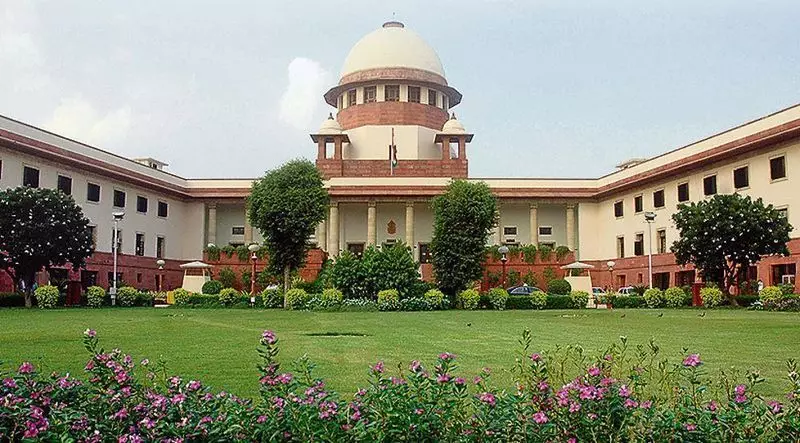
In a landmark judgment that strengthens citizen rights and police accountability, the Supreme Court of India has delivered a powerful verdict making written communication of arrest grounds mandatory for all offences without exception.
The Game-Changing Verdict
A bench comprising Justices B.R. Gavai and Sandeep Mehta declared that the fundamental right under Article 22(1) of the Constitution – which guarantees every arrested person the right to know the grounds of their detention – must be strictly enforced regardless of the nature or severity of the offence.
What This Means for Citizens
The ruling establishes several crucial protections:
- Universal application across all offences, from minor violations to serious crimes
- Mandatory written communication provided to the arrestee at the time of detention
- Immediate transparency about the reasons behind the arrest
- Strengthened legal footing for challenging unlawful detentions
Beyond the Obvious Crimes
The court specifically addressed that this requirement extends even to situations where the grounds for arrest might be "apparent from the nature of the allegations" or in cases involving "economic offences." No exceptions are permitted under any circumstances.
A Check on Police Powers
This judgment serves as a significant check on police powers, ensuring that the fundamental right to know why one is being arrested isn't diluted by procedural excuses or the nature of allegations. The written documentation creates an immediate paper trail that protects both citizens and law enforcement.
The Supreme Court's decisive ruling represents a major step forward in criminal justice reform, balancing law enforcement needs with the protection of individual liberties that form the bedrock of India's democratic framework.






